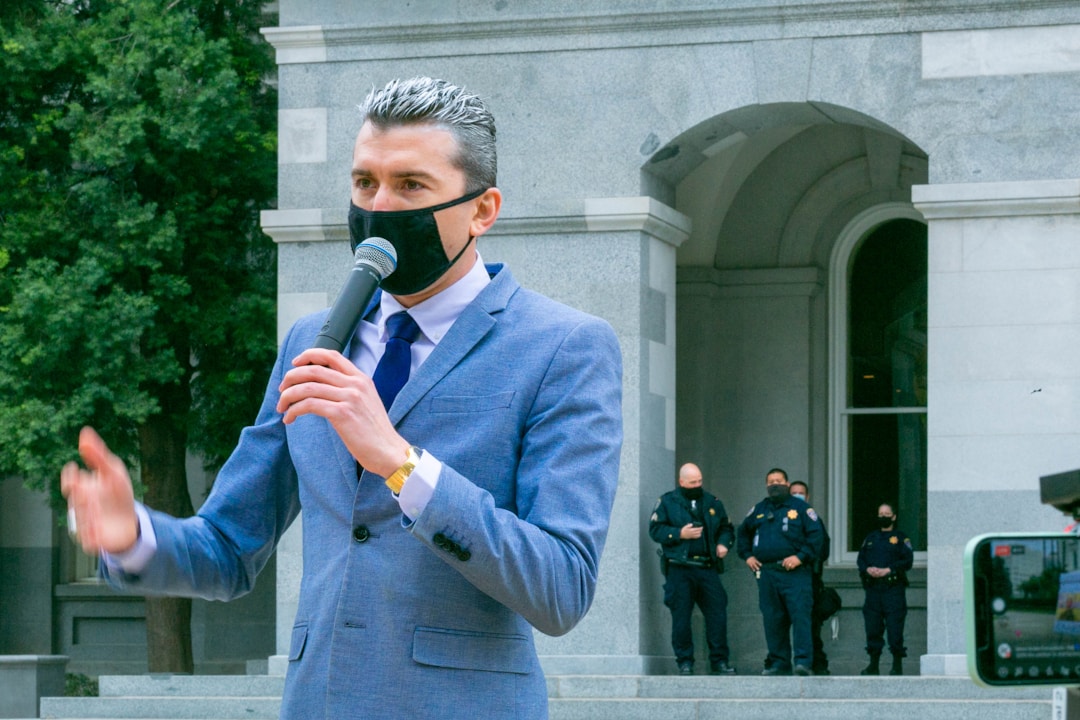There has been a steep decline in trust in politicians
Trust in politicians (and the belief that they will act in line with your interests or preferences) has been declining for years in the UK and other countries, but levels of trust in the UK are particularly low. In 1944, one in three people in Britain said politicians were ‘out for themselves’, but today almost two in three think this. Lack of trust can lead to a spiral of democratic decline as voters turn to populism, and can undermine the governments’ ability to deliver better policy outcomes.
Progress in terms of racial cohesion has been mixed
Three in four people think that Britain’s rich mix of backgrounds is part of British culture, up from less than one in two in 2011, and 84% would be happy with an ethnic minority Prime Minister. But on race, progress is more mixed; fewer than half think that relationships between ethnic groups have improved in recent years, and one in four ethnic minority Britons think that racism might get worse over the next decade.

COVID has harmed rather than boosted community cohesion
Despite the widespread view that the pandemic brought communities closer together, the opposite is true. The proportion of people who said they could trust others in their neighbourhood declined from 69% in 2012 to 56% in 2020. Lockdown made people feel more isolated and less similar to others in their community, although people’s willingness to help their neighbours remained fairly stable. Social cohesion declined during the pandemic among all groups and regions, but especially among people in deprived neighbourhoods, young people and people from Pakistani, Bangladeshi and Black backgrounds.






